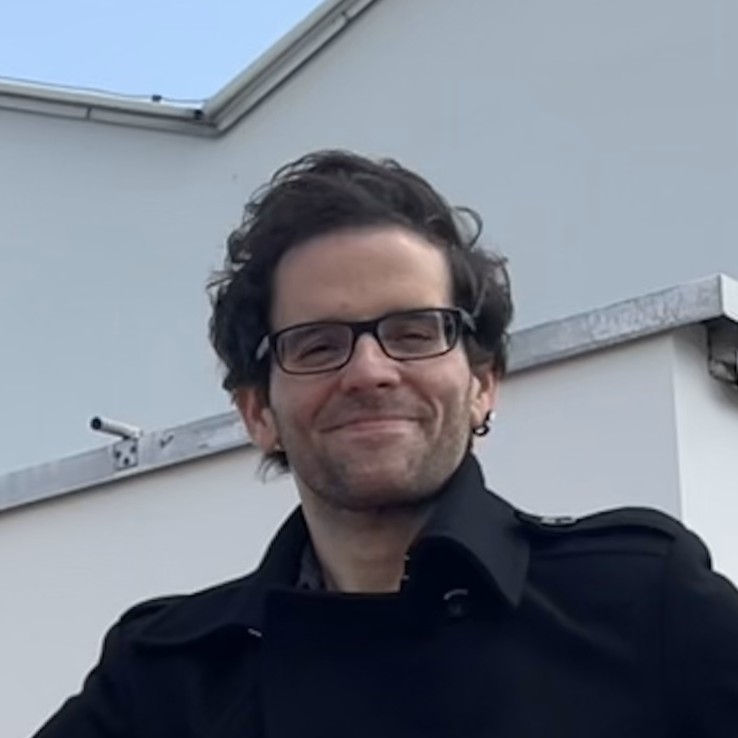I'm originally from Brazil, where I had a super motivating start to my academic experience with a bachelor's in biology and a master's in genetics and evolution at the Universidade Federal de São Carlos. Then, I lived in the US for 7 years, doing a delightfully wide-ranging master's in psychology and PhD in neuroscience at Rutgers University. After that, I moved to Sweden for 4 years as a postdoc researcher at Karolinska Institutet, where I narrowed down most of the research themes that I continue to work on now – as a tenured assistant professor at VU Amsterdam.
dr. Bruno Sauce
Assistant Professor, Faculty of Behavioural and Movement Sciences, Biological Psychology
, Network Institute
, LEARN!
, LEARN!, LEARN! - Educational neuroscience, learning and development
My research focuses on the malleability of cognition. I want to know the impact of certain experiences on the way we think and learn, and how much this depends on our different biological backgrounds. I look at experiences like playing video games, using educational tools, doing physical exercises, going to school, and growing up in wealth/poverty. I use genetic tools (like GWAS, polygenic scores, and twin designs) to correct for genetic confounders and estimate gene-environment interplay. But why does any of this research matter? Because it’s cool. And(!) because I believe future findings could spring new interventions and social programs. Helping people become smarter (a big deal given the importance of abstract reasoning, literacy, numeracy, attention, and working memory to the engines of modern societies and to the quality of our lives) as well as empowering democracies towards better equity (a big deal given that hundreds of millions suffer or benefit unfairly from the birth lottery: born with worse/better genes and in worse/better environments; factors that were out of our control and should be a smaller portion of our merit).
No ancillary activities
Ancillary activities are updated daily

Profile
Publications
Personal website